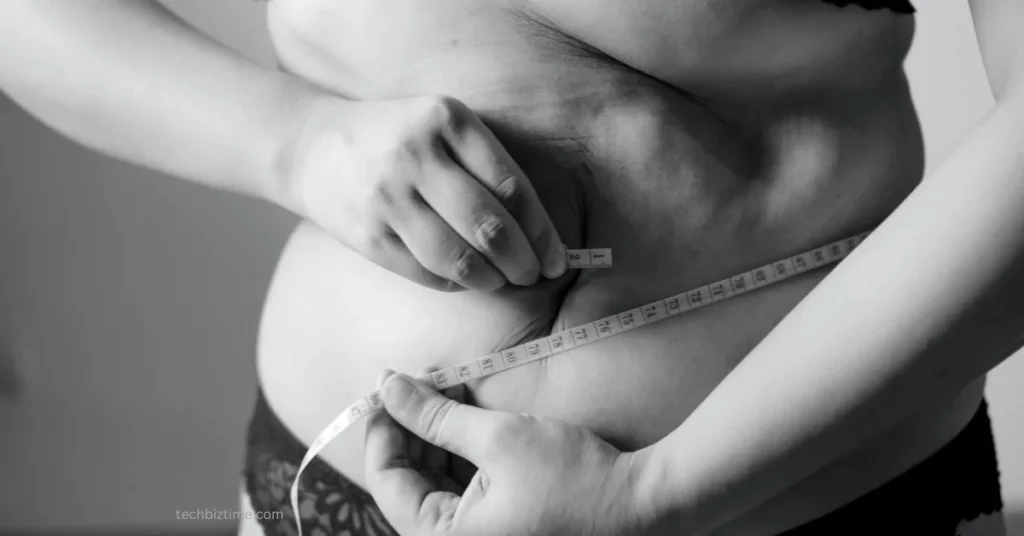Have you ever had a conversation with your best friend in the lady’s room that revolved around how terrible it is to be overweight? You are not alone. According to the National Eating Disorder Association, “fat talk” is a common phenomenon where women and girls disparage their weight and appearance.
This type of chatter can start early on – even tweens and young girls are susceptible to negatively discussing their weight. And for some, this kind of talk becomes a habit that’s hard to break.
But why do we do it? And more importantly, how can we stop? In this post, we’ll explore the meaning of fat talk and discuss some ways you can put an end to this damaging behavior.
What is Fat Talk?
The meaning of Fat talk is the act of talking about your weight, diet, and exercise. It can be used as a form of self-harm, where people feel bad about themselves and want to make other people feel bad too.
People who fat-talk may have eating disorders or Body Dysmorphic Disorder (BDD), which is a mental health problem that makes you feel very distressed about your appearance.
Fat talk is different from body talk in that it doesn’t involve talking about the body itself, but rather about how well you look or how great it would be if you lost weight. Body talk includes physical descriptions (I always eat too much), comments on food (I’m starving), and comments on exercise (I’m out of shape). These types of comments are not fat tales because they’re about what you eat and how much exercise you get, not about your body itself.
Fat talk can also be used as a way for people with BDD to convince themselves that they’re not fat enough or beautiful enough.
How to be aware of fat talk?
If you’re overweight, you probably have some friends who are overweight too. And if you’re a woman, there’s a good chance that this is true of your friends and family, too.
Fat talk is a kind of gossip about people who aren’t present for it. It is usually rude and unhelpful but it can also be harmful. It can be difficult to identify when is happening, as it often comes disguised in positive language.
However, there are several signs you should watch out for and consider no fat talk:
- Repeatedly making negative comments about someone’s weight or appearance: – You use derogatory language to describe people who weigh too much or have large bodies. For example, you might call them “fatty pigs” or “lardasses.”
- Making assumptions about someone’s size based on their clothing or physical activity
- Complimenting someone only if they have changed their appearance drastically (e.g., going from overweight to thin)
- Talking down to or dismissing people who do not fit into the “ideal” body image
Why is it so important to stop fat-talking?
Fat talk can be destructive and lead to negative self-esteem, especially when it comes from your dearest partner in a BBW Dating or BBW Lesbian dating. When we fat talk, we are often talking down to ourselves or making excuses for our shortcomings.
The problem with fat talk is that it is not effective. It can have the opposite effect on our goals and objectives. Studies show that when we fat talk, we tend to make less progress towards our goals than if we did not speak at all. We also tend to become more discouraged and give up earlier in our journeys.
So why does fat talking seem so effective? The answer lies in its power over emotions. By constantly berating ourselves, we suppress positive emotions like hope and joy. This makes it harder for us to take action because those feelings would get in the way of what we believe is best for us. Plus, online dating has become a popular way to meet new people. However, not all online daters are aware of the many fat dating sites that exist. These sites such as PlusCupid will cater to those who are looking for relationships with other overweight individuals.
